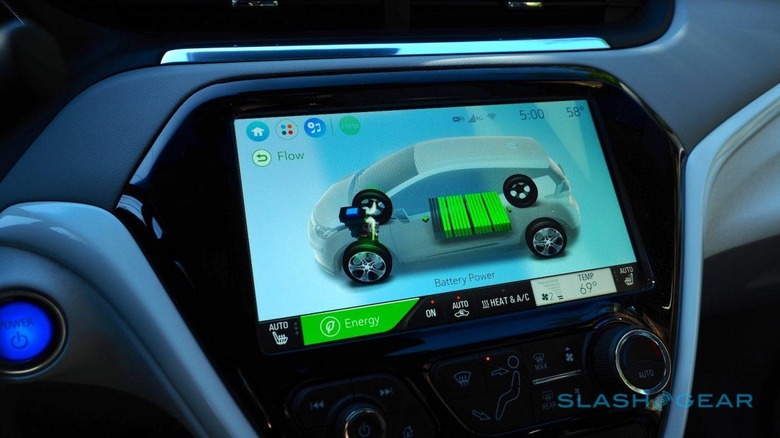This New EV Battery Promises To End Range Anxiety By 2020
A battery breakthrough could double range for electric cars, with a Japanese manufacturer claiming its new Li-Ion technology will be ready for production as soon as 2020. Potentially addressing the range anxiety problem that dissuades many would-be EV buyers from ditching gasoline and diesel. Still, there are plenty of questions about the proposed new technology.
The development comes courtesy of Japan's GS Yuasa, the current number four in Li-Ion battery production, Nikkei reports. Lithium Energy Japan, the joint venture between Mitsubishi Corp. and Mitsubishi Motors, will develop the cells. They'll be produced in Japan, in Shiga Prefecture.
Technical details of the breakthrough are in short supply at this stage. According to the report, the core of the improvement comes from a new composition of materials for the electrodes in the batteries. That makes them more efficient, with the promise being a significant benefit in terms of range.

Indeed, the claim is that a battery that would previously have offered around 105 miles of range could, in the same footprint, offer more like 200 miles if the new chemistry was implemented. For Mitsubishi Cars, the appeal is reported as the ability to give small vehicles – like the i-MiEV – driving range akin to much larger electric vehicles or a gasoline car with a full tank. The company plans to supply the batteries to automakers in Japan and Europe, it's suggested.
Squeezing more power into batteries without increasing footprint is undoubtedly the Holy Grail for electric car manufacturers. It's led the industry from NiMH through to the same Li-Ion technology as relied upon in laptop batteries, but experts have warned that there are diminishing returns ahead. Tesla CEO Elon Musk, for instance, cautioned at the launch of the 100 kWh battery pack for the Model S and Model x that, while the automaker had been able to take the step up from 90 kWh, it was a significant challenge.
"The difficulty of increasing the energy in the pack is truly non-linear with increasing the energy," Musk said back in August last year. "Although it may be a 11- or 12-percent increase in capacity, it's really been a 50-percent increase in difficulty."
This new claim certainly isn't the first promise we've heard of a breakthrough in battery chemistry, and there's plenty of work between success in a trial and commercial production, at scale. Earlier this year, researchers claimed to have developed Li-Ion prototype cells that could store an astonishing three-times the amount of power of a current battery, for instance. Actually bringing those to a vehicle available in a dealership, though, will take a whole lot more effort.
